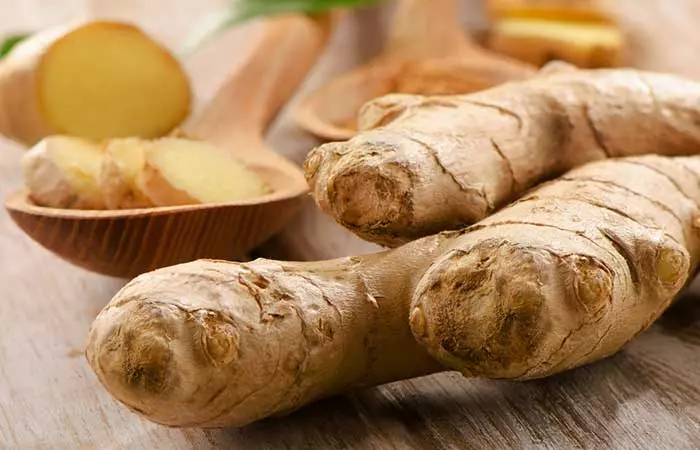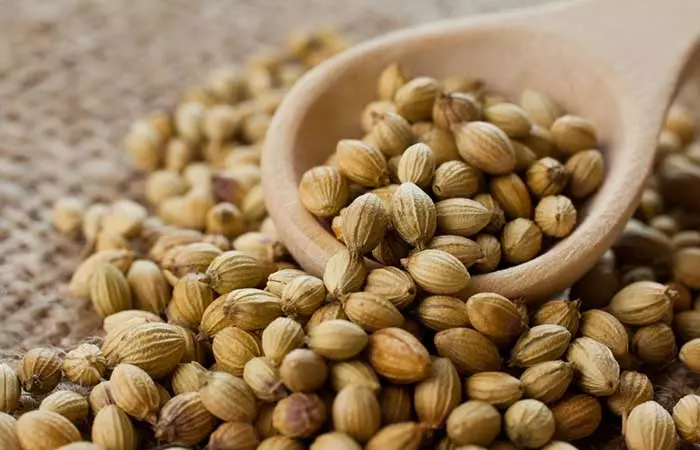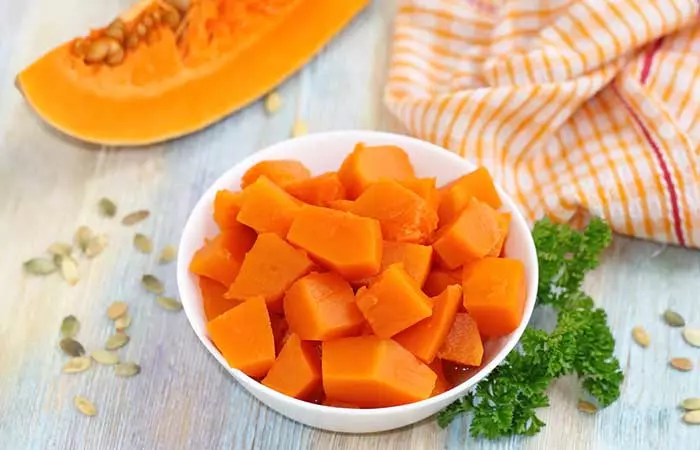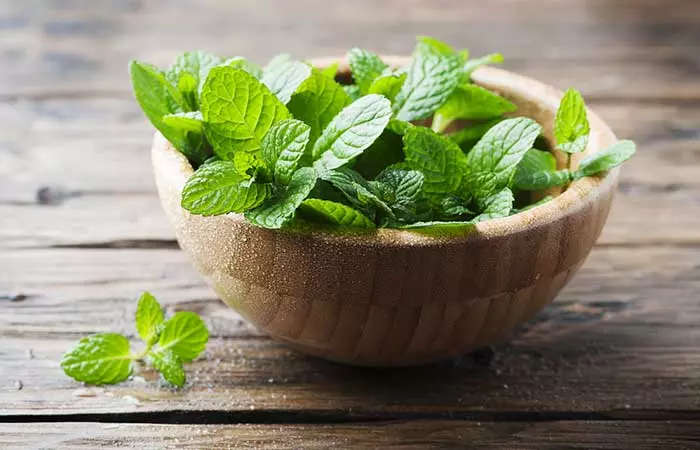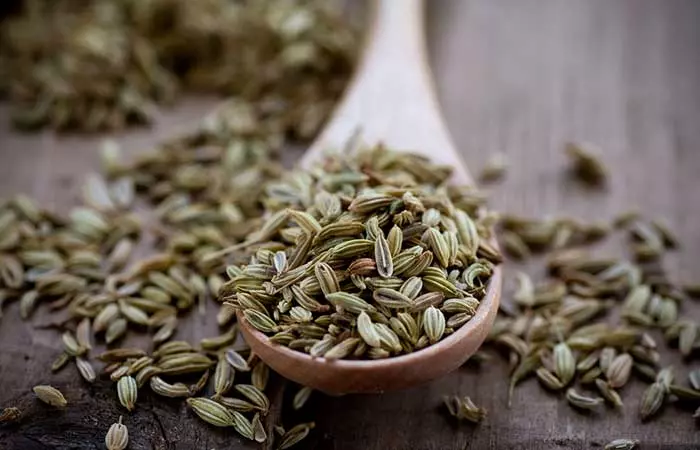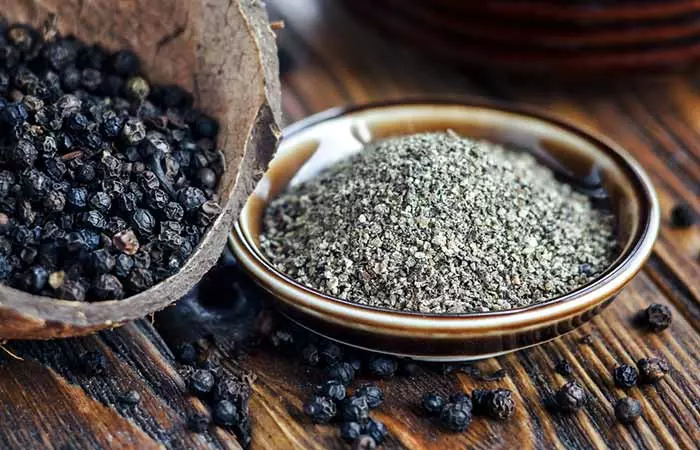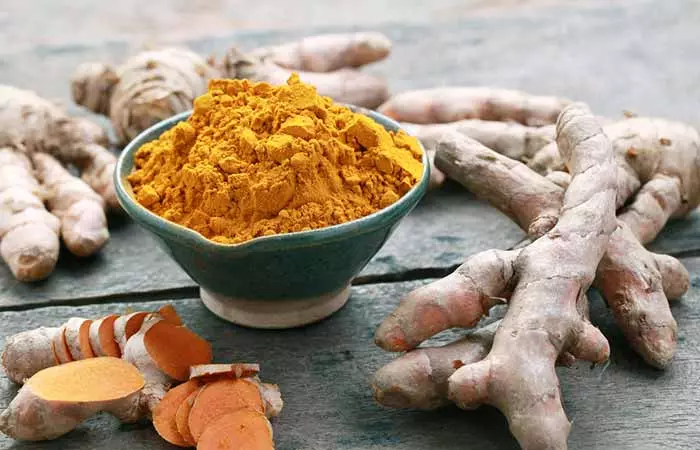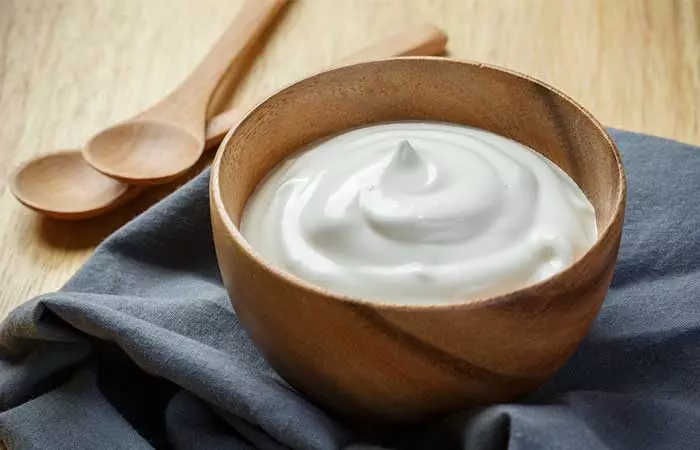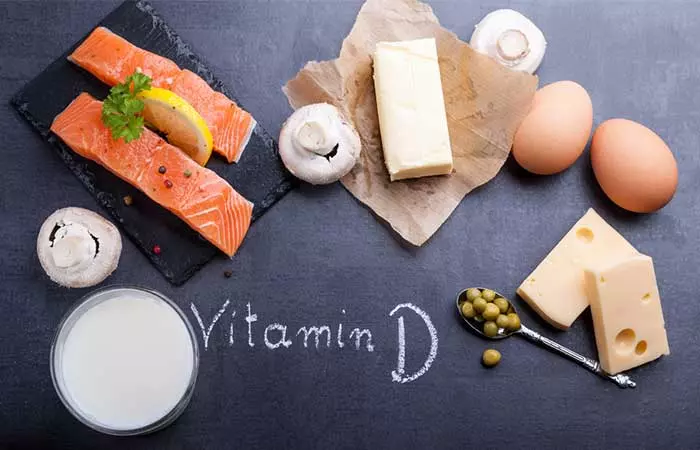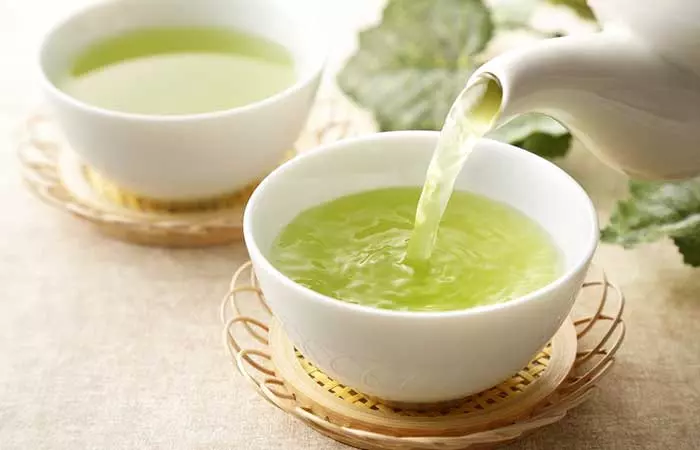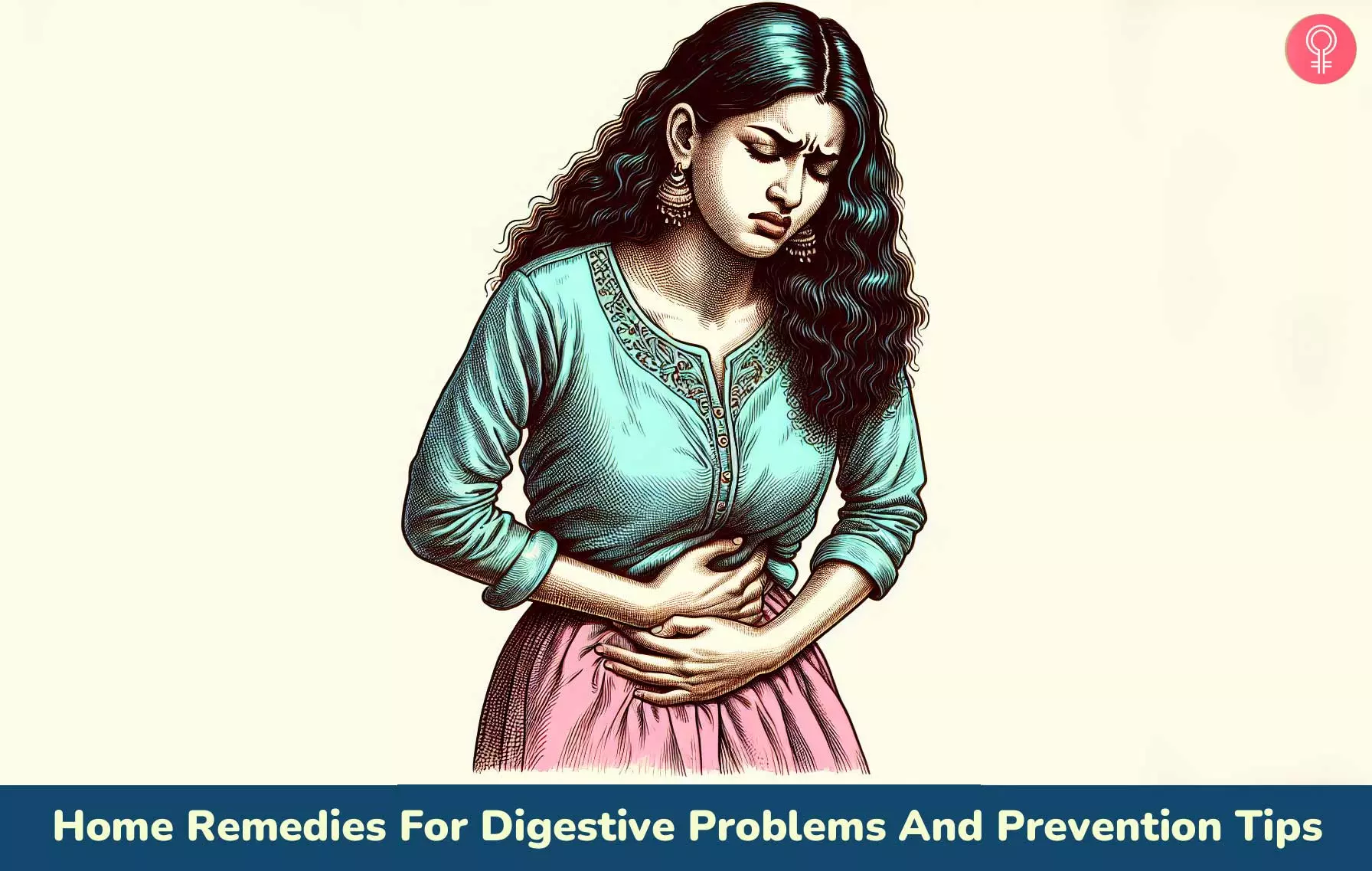What Are Digestive Problems?
The digestive system is a complex and vital part of your body, and it spans all the way from your mouth to your rectum. It helps your body absorb various essential nutrients and facilitates the excretion of waste. Digestive problems are of different types and may show varying symptoms. When left attended, these issues can lead to complications and chronic illnesses. We have discussed some common digestive issues below. A survey conducted among 73,076 adults observed that more than 40% of people worldwide have functional gastrointestinal disorders (FGIDs). Further, it also deduced that women had a higher prevalence of FGIDs than men. The odds ratio of 1.7 suggests that women have a 1.7 times higher likelihood of experiencing FGIDs compared to men.
Types, Causes, And Symptoms Of Digestive Problems
The following will give you an idea about the different digestive problems:
1. Chronic Constipation
This is when your digestive system cannot get rid of the body’s waste for an extended period. It occurs when your colon is unable to pass stools through the remaining of your digestive tract.
Bloating Abdominal pain Reduced bowel movements
2. Food Intolerance
This happens when your digestive system cannot tolerate certain foods. Unlike food allergies, food intolerance solely affects digestion. A common form of food intolerance is Celiac disease, which also is an autoimmune disorder. It causes digestive problems upon gluten consumption. The causes range from the absence of a particular digestive enzyme in the body to the presence of certain chemicals in food. The symptoms of food intolerance are:
Abdominal cramps Bloating Headache Diarrhea Gas Irritability Vomiting Nausea
3. GERD
Frequent heartburn (a digestive problem) can lead to gastroesophageal reflux disease (GERD) that eventually damages your esophagus. Your stomach acid going up the esophagus can cause pain and a burning sensation in your chest. This is referred to as heartburn. Frequent and untreated heartburn leads to GERD.
Discomfort in the chest Dry cough A sour taste in the mouth Difficulty swallowing
4. Inflammatory Bowel Disease
Inflammatory bowel disease (IBD) can affect one or more parts of the digestive tract. It can be classified into two types: • Ulcerative colitis, which affects only the colon • Crohn’s diseasei An inflammatory bowel disease that affects the lining of the digestive tract and causes swelling, diarrhea, pain, and fatigue. , which affects the colon and the small intestine Although the exact cause is unknown, IBD is most often associated with genetics (a family history of the disease) and problems with the immune system.
Fatigue Problems with bowel movements Weight loss Loss of appetite Bleeding from the rectum Night sweats
How To Cure Digestive Problems Naturally
1. Chamomile Tea
1 teaspoon of chamomile tea 1 cup of water Honey
You must drink this twice daily for optimum benefits. Chamomile is an age-old remedy for various digestion problems like cramps, diarrhea, and irritable bowel syndrome – thanks to its anti-inflammatory and antispasmodic properties (1). The tea can soothe your intestinal muscles and relieve abdominal pain and discomfort. Similarly, licorice, marshmallow root tea and black tea also help relieve acid reflux and indigestion. Gina, a blogger discussing her healthy choices, lists her takeaway, stating, “I add chamomile tea during my day to help soften and flush out old waste stuck in my bowel (i).”
2. Apple Cider Vinegar
1 tablespoon of raw apple cider vinegar 1 cup of warm water
You must do this 1 to 2 times daily, preferably before meals. Apple cider vinegar stimulates the secretion of digestive juices that assist in digestion by breaking down food. It also relieves common digestive issues like heartburn and indigestion (2). If you have problems with gastric emptying, stay away from apple cider vinegar as it can aggravate the issue.
3. Ginger
1 teaspoon of minced ginger 1 cup of water Honey
You must drink this 2 to 3 times before meals or before bed. Ginger is a multifaceted herb that alleviates digestion problems. Its carminativei The property of a herb or drug to expel gas and prevent its formation in the GI tract to resolve any flatulence issues. nature can help relieve bloating and gas and ease symptoms of nausea and vomiting (3).
4. Coriander Seeds
1 teaspoon of coriander seeds 1 cup of water Honey
You must drink this once daily. The carminative effects of coriander seeds help heal an upset stomach and ease digestion, gas, and even bowel spasms (4).
5. Pumpkin
A small bowl of cut pumpkin You must consume pumpkins once daily for a few weeks. Pumpkins are rich sources of fiber and low in starch and sugar. They are easy to digest and great for digestive problems like diarrhea and constipation (5). It can also be added to the vegetable broth to improve its digestive properties.
6. Peppermint
1-2 tablespoons of fresh peppermint leaves 2 cups of water Honey
You must drink this tea 1 to 2 times daily. Menthol in peppermint exhibits anti-inflammatory and antispasmodic activities that help relieve digestive issues like irritable bowel syndrome (6). It can also alleviate the associated abdominal pain and discomfort. You can add slippery elm as the mucilage coats the inner lining of the organs and aids bowel movements. Do not follow this remedy if you are suffering from nausea or heartburn. Your condition may get aggravated.
7. Fennel Seeds
1 teaspoon of fennel seeds 1 cup of water
You must drink this mixture 2 to 3 times daily prior to your meals. Fennel is often used as a carminative and digestive aid. Its anti-inflammatory and antispasmodic properties relieve stomach pain and abdominal discomfort associated with bloating and colic (7). Cumin can also be used in a similar manner to reduce bloating and indigestion.
8. Black Pepper
Ground black pepper (seasoning) Add ground black pepper to season your favorite dishes and salads. You must do this on a regular basis. Piperine in black pepper has antispasmodic effects that alleviate digestive problems like diarrhea and constipation (8). Other spices such as cardamom, caraway, dill, anise, and fenugreek can also be used in dishes and teas to improve digestion due to their potent ingredients.
9. Aloe Vera
2 tablespoons of fresh aloe vera juice Consume two tablespoons of fresh aloe juice daily. You must do this once daily. Aloe vera contains laxative compounds like barbaloin, aloin, and aloe-emodin – which promote normal bowel movements. They also help treat indigestion, bloating, and flatulence. The anti-inflammatory activities of aloe vera protect the gastrointestinal lining and alleviate intestinal discomfort (9).
10. Turmeric
1 teaspoon of turmeric powder 1 glass of water Honey
You must drink this once daily to see the desired effects. Curcumin in turmeric has anti-inflammatory and antioxidant properties that boost digestive health and protect your intestines from further damage (10).
11. Yogurt
1 small cup of probiotic yogurt Consume a small cup of probiotic yogurt. You must incorporate yogurt into your daily diet. Yogurt is a rich source of probiotics, which are the good bacteria similar to your gut microflora. These act as the first line of defense and protect your intestine from infection and disorders (11). Fermented foods or drinks such as Kefir have a concentrated content of probiotics, which can also help with gut health.
12. Vitamin D
20-100 mg of vitamin D You must do this on a regular basis. Vitamin D, like probiotics, restores the healthy gut bacteria. It also improves metabolism and helps treat digestive problems like inflammatory bowel disease (12).
13. Green Tea
½ teaspoon of green tea 1 cup of water
You must drink green tea at least twice daily. Green tea is an excellent source of polyphenolsi A naturally occurring plant micronutrient that can benefit your health because of its antioxidant and anti-inflammatory properties. . Once inside your gastrointestinal tract, green tea activates intracellular antioxidants, which prevents damage to your gastrointestinal tract (13).
14. Lemon Juice
½ lemon 1 glass of warm water Honey
You must drink the juice daily, preferably before breakfast. Lemon juice flushes toxins out of your body and refreshes and rehydrates it. The juice also boosts metabolism, thereby aiding digestion and helping curb obesity (14).
15. Figs
You Will Need
Fresh or dried figs
What You Have To Do Why This Works Figs are a good source of dietary fiber, making them beneficial for digestive health. Fiber promotes regular bowel movements and prevents constipation. Additionally, figs contain natural enzymes that may assist in breaking down food more efficiently. A study found that individuals who consumed figs experienced significant improvements in various IBS symptoms, including reduced pain frequency, diminished distention, and normalized bowel habits (15). Natural remedies not only help relieve symptoms but also promote long-term digestive health. You can improve your general and intestinal health by including these cures in your daily routine. What you eat and don’t eat has a major role to play in treating your digestive problems. In addition to the remedies listed above, the following diet tips will also help.
Diet Tips
There are foods that boost digestive health, and there also are foods that can aggravate an existing condition. So, you must be conscious about your eating habits. We are here with two food lists – one that you should eat more of and the other that you need to avoid – to successfully combat digestive problems.
Best Foods For Treating Digestion Problems
Yogurt Kimchi Lean fish and meat Bananas Moderate amounts of ginger Papaya contains the enzyme papain, which breaks down food and aids better digestion as well as nutrient absorption. The high fiber content in oatmeal, flaxseed, and psyllium husk makes them gut-friendly foods. A moderate quantity of garlic can reduce inflammation and boost nutrient absorption and digestion. Activated charcoal may help in trapping gas produced in the intestine. Baking soda helps neutralize the acid in the stomach and relieves heartburn. Bone broth contains gelatin, which helps relieves IBS.
Foods that you need to avoid as they can worsen your digestive issues are as follows.
Foods That Can Aggravate Digestive Problems
Fried foods Chili peppers Dairy Alcohol Certain berries Chocolate Caffeinated drinks like tea, coffee, and soft drinks Corn
You also need to make a few changes to your daily lifestyle choices to prevent the recurrence of digestive issues. Here are some tips that will undoubtedly help.
Prevention Tips
Quit smoking. Cut back on acidic and high-fat foods. Follow a healthy and high-fiber diet. Indulge in light exercises at least 5 times a week. Avoid regular use of medications like aspirin. Avoid taking steroids and sulfa drugs (unless your doctor says otherwise).
While implementing these prevention tips may help manage digestive health, it is essential to recognize when you should seek medical advice. Scroll down to know more.
When To Seek Medical Advice
If you have diarrhea or constipation that lasts more than a week, severe cramps, blood in your stool or vomit, unexplained weight loss, or persistent abdominal pain, get medical help for digestive issues. Additionally, seek medical attention from a physician if you experience symptoms associated with fever, exhaustion, or jaundice, persistent heartburn that is not eased by over-the-counter drugs, problems swallowing, or signs of dehydration. Timely attention ensures the right course of action and helps identify any underlying issues. Can diet changes help with digestive issues? Check out the infographic to learn about the signs indicating the need for medical attention for your digestive troubles.Illustration: StyleCraze Design Team Yes, making changes to your diet may help improve digestive issues by reducing their symptoms and promoting gut health. Increasing the amount of foods high in fiber, cutting less on processed foods, and taking probiotics may help improve digestion and promote overall well-being. Which vegetables help digestion? Cruciferous vegetables (like broccoli, cauliflower, Brussel sprouts, and cabbage), leafy greens (like kale and spinach), artichokes, and beetroot may help digestion. Is honey good for digestion? Yes, honey is good for digestion and may help treat diarrhea (16). How can I manage stress to improve my digestion? Exercise is one of the key ways to manage stress and improve digestive health. It helps boost the growth of good bacteria and boosts positive mood. (17), (18), (19).. When should I seek medical advice for my digestive problems? If an individual experiences chronic abdominal pain, severe heartburn, pain while swallowing foods, or vomiting, seek medical attention immediately.
Illustration: Home Remedies For Digestive Problems And Prevention Tips
Want to know about some effective home remedies for indigestion? Check out the video below for a simple fennel tea recipe that can help improve your digestive health.


